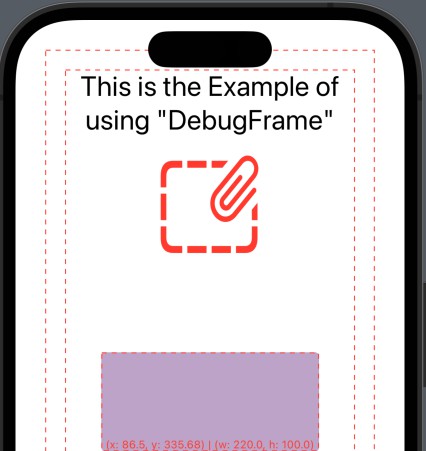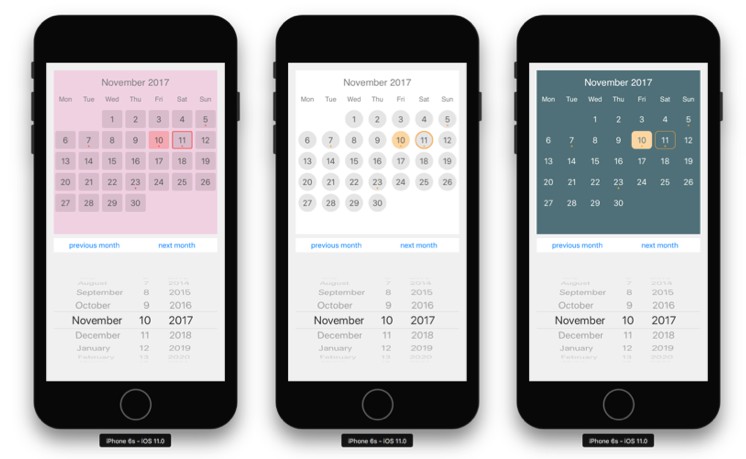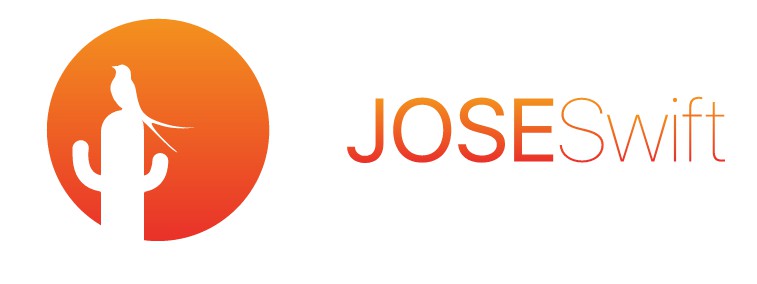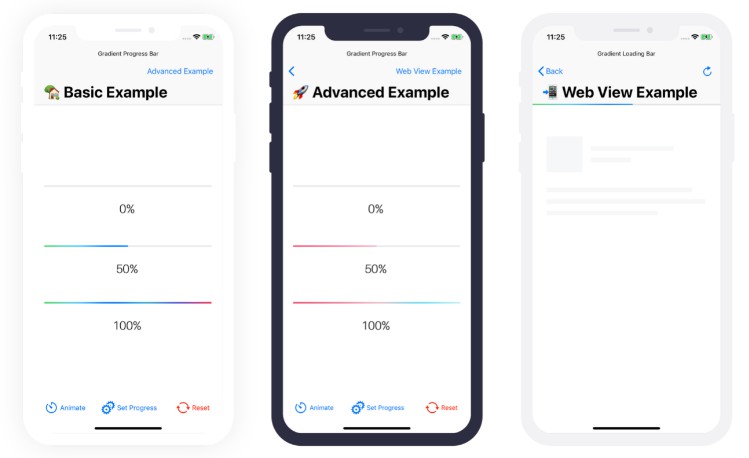在 Swift 中管理多个 URL 端点的命名空间的简单方法
什么是网址外部 📟
URLRouter 提供了一种在 Swift 中管理多个 URL 端点的简单方法。 它提供了一个简单的界面来管理多个端点,并允许开发人员以单一、统一的方式与它们进行交互。 它还为开发人员提供了一种创建自定义终结点 DSL(域特定语言)和管理每个终结点自己的设置的方法。 此外,它还提供了一种跟踪每个终结点的状态并轻松检测所做的任何更改或更新的方法。
与 Swift evolution 的正则表达式生成器 DSL 类似,URL 字符串文字和更强大的模式结果生成器有助于使 Swift URL 字符串处理快速、简单且没有错误。最终,使用 APIRouter,更改很容易检测到并且对维护很有用。
🤔 在这里提出你想知道的问题。在这里分享想法。 💡
安装 📦
-
使用 Swift 包管理器
import PackageDescription let package = Package( name: "SomeApp", dependencies: [ .Package(url: "https://github.com/devyhan/URLRouter", majorVersion: "<LATEST_RELEASES_VERSION>"), ] )
Configure URLRouter 📝
Implement URLs Namespace
- To implement URLs namespace we create a new type that will house the domain and behavior of the URLs by conforming to .
RouterProtocol
import URLRouter
public enum URLs: RouterProtocol {
...
}
HttpHeader declaration
- Using to declaration.
HeaderBuilderhttpHeader
Request {
...
Header {
Field("HEADERVALUE", forKey: "HEADERKEY")
Field("HEADERVALUE1", forKey: "HEADERKEY1")
Field("HEADERVALUE2", forKey: "HEADERKEY2")
...
}
...
}
- Using to declaration.
DictionaryhttpHeader
Request {
...
Header([
"HEADERKEY": "HEADERVALUE",
"HEADERKEY1": "HEADERVALUE1",
"HEADERKEY2": "HEADERVALUE2",
...
])
...
}
HttpBody declaration
- Using to declaration.
HeaderBuilderhttpHeader
Request {
...
Body {
Field("VALUE", forKey: "KEY")
Field("VALUE1", forKey: "KEY1")
Field("VALUE2", forKey: "KEY2")
...
}
...
}
- Using to declaration.
Dictionary<String, Any>httpHeader
Request {
...
Body([
"KEY": "VALUE",
"KEY1": "VALUE1",
"KEY2": "VALUE2",
...
])
...
}
HttpMethod declaration
- Using to declaration.
Method(_ method:)httpMethod
Request {
...
Method(.get)
...
}
- Using to declaration.
static let method:httpMethod
Request {
...
Method.get
...
}
URL declaration
- Using to declaration.
URL(_ url:)URL
Request {
...
URL("https://www.baseurl.com/comments?postId=1")
...
}
- Using to declaration and declaration.
URLBuilderURLURLComponents
Request {
...
URL {
Scheme(.https)
Host("www.baseurl.com")
Path("comments")
Query("postId", value: "1")
}
...
}
// https://www.baseurl.com/comments?postId=1
- Using for override.
BaseURL(_ url:)URL
Request {
BaseURL("https://www.baseurl.com")
URL {
Path("comments")
Query("postId", value: "1")
}
}
// https://www.baseurl.com/comments?postId=1
Router {
BaseURL("https://www.baseurl.com")
Request {
URL {
Scheme(.https)
Host("www.overrideurl.com")
Path("comments")
Query("postId", value: "1")
}
}
}
// https://www.overrideurl.com/comments?postId=1
URL Scheme declaration
- Using to declaration.
Scheme(_ scheme:)Scheme
Request {
...
URL {
Scheme(.https)
...
}
...
}
- Using to declaration.
static let scheme:Scheme
Request {
...
URL {
Scheme.https
...
}
...
}
URL Query declaration
- Using to declaration.
Dictionary<String, String?>Query
Request {
...
URL {
Query(
[
"first": "firstQuery",
"second": "secondQuery",
...
]
)
}
...
}
- Using to declaration.
Query(_, value:)Query
Request {
...
URL {
Query("test", value: "query")
Query("test", value: "query")
...
}
...
}
- Using to declaration.
Field(_, forKey:)Query
Request {
...
URL {
Query {
Field("firstQuery", forKey: "first")
Field("secondQuery", forKey: "second")
...
}
...
}
...
}
How to configure and use URLRouter in a real world project?
- Just create URLRouter.swift in your project! Happy hacking! 😁
import URLRouter
enum URLs: RouterProtocol {
// DOC: https://docs.github.com/ko/rest/repos/repos?apiVersion=2022-11-28#list-organization-repositories
case listOrganizationRepositories(organizationName: String)
// DOC: https://docs.github.com/ko/rest/repos/repos?apiVersion=2022-11-28#create-an-organization-repository
case createAnOrganizationRepository(organizationName: String, repositoryInfo: RepositoryInfo)
// DOC: https://docs.github.com/ko/rest/search?apiVersion=2022-11-28#search-repositories
case searchRepositories(query: String)
case deeplink(path: String = "home")
struct RepositoryInfo {
let name: String
let description: String
let homePage: String
let `private`: Bool
let hasIssues: Bool
let hasProjects: Bool
let hasWiki: Bool
}
var router: Router? {
Router {
BaseURL("http://api.github.com")
switch self {
case let .listOrganizationRepositories(organizationName):
Request {
Method.post
Header {
Field("application/vnd.github+json", forKey: "Accept")
Field("Bearer <YOUR-TOKEN>", forKey: "Authorization")
Field("2022-11-28", forKey: "X-GitHub-Api-Version")
}
URL {
Path("orgs/\(organizationName)/repos")
}
}
case let .createAnOrganizationRepository(organizationName, repositoryInfo):
Request {
Method.post
Header {
Field("application/vnd.github+json", forKey: "Accept")
Field("Bearer <YOUR-TOKEN>", forKey: "Authorization")
Field("2022-11-28", forKey: "X-GitHub-Api-Version")
}
URL {
Path("orgs/\(organizationName)/repos")
}
Body {
Field(repositoryInfo.name, forKey: "name")
Field(repositoryInfo.description, forKey: "description")
Field(repositoryInfo.homePage, forKey: "homepage")
Field(repositoryInfo.private, forKey: "private")
Field(repositoryInfo.hasIssues, forKey: "has_issues")
Field(repositoryInfo.hasProjects, forKey: "has_projects")
Field(repositoryInfo.hasWiki, forKey: "has_wiki")
}
}
case let .searchRepositories(query):
Request {
Method.get
Header {
Field("application/vnd.github+json", forKey: "Accept")
Field("Bearer <YOUR-TOKEN>", forKey: "Authorization")
Field("2022-11-28", forKey: "X-GitHub-Api-Version")
}
URL {
Path("search/repositories")
Query("q", value: query)
}
}
case let .deeplink(path):
URL {
Scheme.custom("example-deeplink")
Host("detail")
Path(path)
Query {
Field("postId", forKey: "1")
Field("createdAt", forKey: "2021-04-27T04:39:54.261Z")
}
}
}
}
}
}
// http://api.github.com/orgs/organization/repos
let listOrganizationRepositoriesUrl = URLs.listOrganizationRepositories(organizationName: "organization").router?.urlRequest?.url
// http://api.github.com/search/repositories?q=urlrouter
let searchRepositoriesUrl = URLs.searchRepositories(query: "urlrouter").router?.urlRequest?.url
// example-deeplink://detail/comments?1=postId&2021-04-27T04:39:54.261Z=createdA
let deeplink = URLs.deeplink(path: "detail").router.url
- Using URLRouter to provide .
URLRequest
let repositoryInfo: URLs.RepositoryInfo = .init(name: "Hello-World", description: "This is your first repository", homePage: "https://github.com", private: false, hasIssues: true, hasProjects: true, hasWiki: false)
let request = URLs.createAnOrganizationRepository(organizationName: "SomeOrganization", repositoryInfo: repositoryInfo).router?.urlRequest
URLSession.shared.dataTask(with: request) { data, response, error in
...
- Using URLRouter to provide deeplink and check to match this .
URLURL
class AppDelegate: UIResponder, UIApplicationDelegate {
...
func application(_ app: UIApplication, open url: URL, options: [UIApplication.OpenURLOptionsKey: Any]) -> Bool {
let detailDeeplink = URLs.deeplink(path: "detail").router.url
if detailDeeplink == url {
...
}
...
License
URLRouter is under MIT license. See the LICENSE file for more info.









